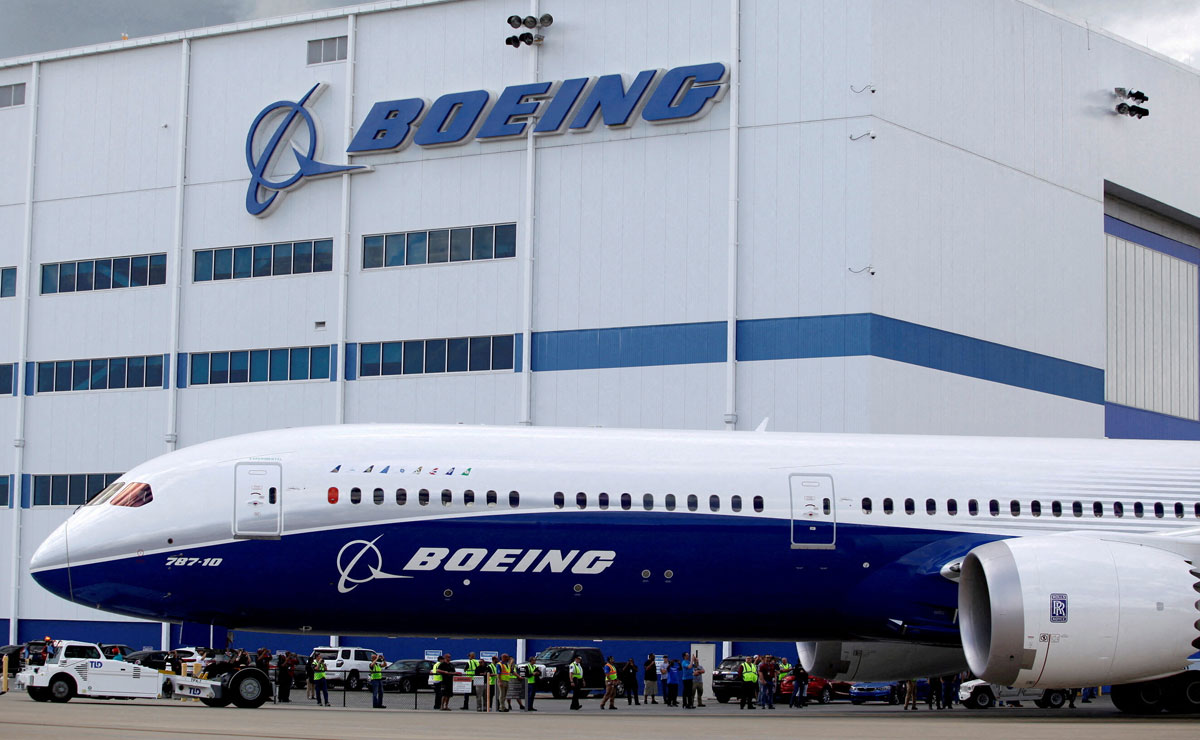Air India Crash Makes People Around the World Worry About Boeing’s Fuel System
The preliminary investigation into the Ahmedabad-London Air India Boeing 787 Dreamliner crash has revealed a critical issue involving stoppage of fuel supply to both engines, sparking serious concerns about fuel switch malfunctions on Boeing aircraft.

New Delhi: The preliminary investigation into the Ahmedabad-London Air India Boeing 787 Dreamliner crash has revealed a critical issue involving stoppage of fuel supply to both engines, sparking serious concerns about fuel switch malfunctions on Boeing aircraft.
Table of Contents
Fuel Supply to Engines Stopped Seconds Apart: Key Findings
According to the initial report, the fuel supply to both engines was cut off within two seconds of each other shortly after takeoff on June 12. This led to the crash of the aircraft, which was on its way from Ahmedabad to London.
The revelation has intensified scrutiny of fuel switch systems on Boeing 787 and 737 aircraft, especially after global regulators had already raised alarms about the issue.
Boeing and FAA Warned About Fuel Switch Issues Weeks Before Crash
Also Read: CPI Leader Gunned Down in Hyderabad Morning Walk; Panic Grips Malakpet
The UK Civil Aviation Authority (CAA), in collaboration with the US-based Federal Aviation Administration (FAA), had issued warnings weeks before the incident.
- On May 15, Boeing released a safety notice about faulty engine fuel shutoff valve activators in several aircraft, including the 787 Dreamliner.
- The FAA’s Airworthiness Directive (AD) had already recommended daily inspections for fuel shutoff valves to prevent potential in-flight failures.
These alerts, unfortunately, came just four weeks before the tragic crash, raising questions about whether the necessary corrective actions were implemented in time.
DGCA Issues Directives for Domestic Airlines on Boeing Aircraft
Reacting to the findings, India’s Directorate General of Civil Aviation (DGCA) has issued fresh directives to all domestic airlines:
- Immediate inspection of fuel switch locking systems on Boeing 787 and 737 models.
- Submission of detailed reports on inspection outcomes to the DGCA.
This move is seen as a preventive step to ensure flight safety and avoid future incidents caused by similar mechanical or procedural lapses.
Global Debate Rekindled Over Boeing’s Safety Standards
The incident has renewed global debate over Boeing’s aircraft safety protocols, especially regarding their fuel management systems. Aviation experts are now demanding stricter compliance checks and real-time monitoring of critical components on all Boeing models under operation.

